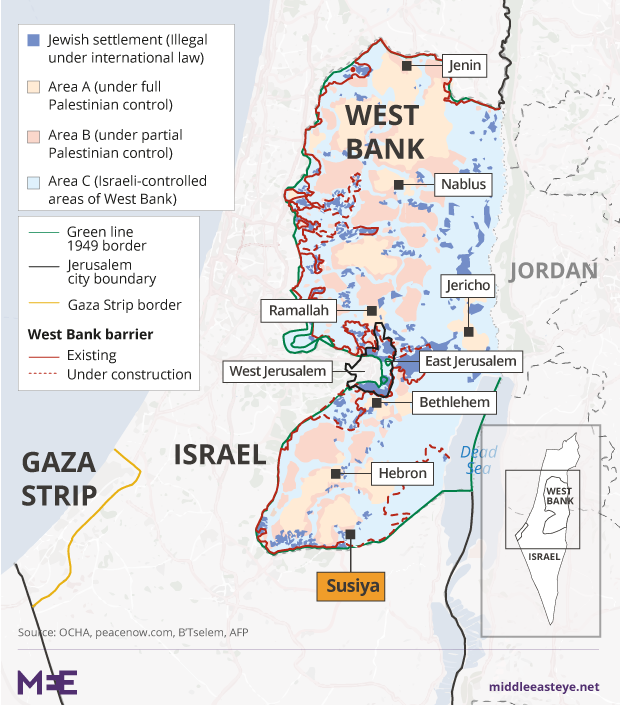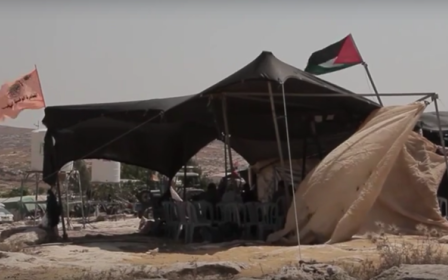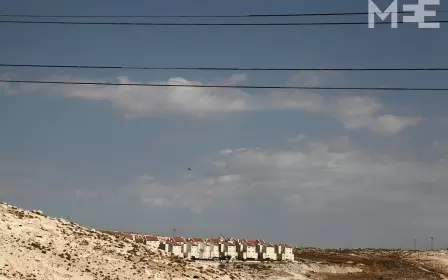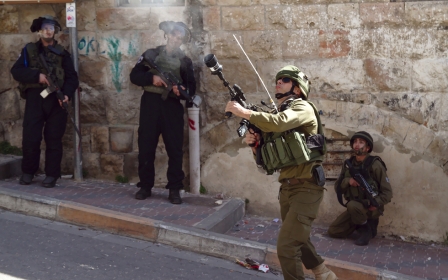Palestinian village facing imminent demolition by Israelis
A Palestinian community in the West Bank is facing the imminent flattening of nearly half of their village, after the Israeli army notified them they were expanding original plans to demolish 20 buildings.
Villagers in Susiya, a small Bedouin village to the south of Hebron, were this week handed a document and map by the Israeli army detailing the demolition of 40 percent of their land, with the first work scheduled to begin on Wednesday.
This comes after the Israeli State Attorney’s Office announced a plan in November to demolish 20 buildings within 15 days in Susiya. The village’s health clinic, which provides health services for about 500 people, is among the buildings under threat.
According to the Oslo Accords of 1993, Susiya village is located in Area C of the southern occupied West Bank, which is under full Israeli military control.
In protest of the demolition of Susiya, 35 British rabbis wrote a letter to Israel's ambassador to the UK, Mark Regev, denouncing Israel's move.
"The residents [of Susiya] were expelled from their village in order to create an archaeological site of the ancient synagogue found in their village," they said.
"Since 1986 these people were forced to live in caves as they had no way of building legally on their land, even when they were applying for such permission."
They added that in 2001, the caves where Palestinian of Susiya were forced to live were destroyed by the Israeli army and settlers from the nearby "Susiya" settlement.
In 1983, an Israeli settlement called "Susiya" was built on the village land, which amounts to about 741 acres.
In 1986, Israel declared Susiya an archaeological site and since then, the Palestinian village has been subject to repeated evictions and demolitions, as part of what residents and activists say is the Israeli authorities’ attempts to make way for the expansion of a nearby settlement.
He added that "the UK government must act now to prevent the demolition of Susiya, and to reject Israel’s policies of denying Palestinians permits to build on their own land, home demolitions, and land theft.”
Middle East Eye propose une couverture et une analyse indépendantes et incomparables du Moyen-Orient, de l’Afrique du Nord et d’autres régions du monde. Pour en savoir plus sur la reprise de ce contenu et les frais qui s’appliquent, veuillez remplir ce formulaire [en anglais]. Pour en savoir plus sur MEE, cliquez ici [en anglais].





